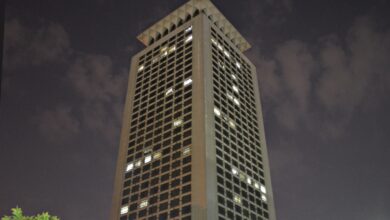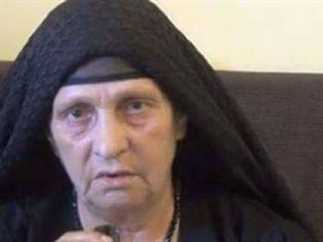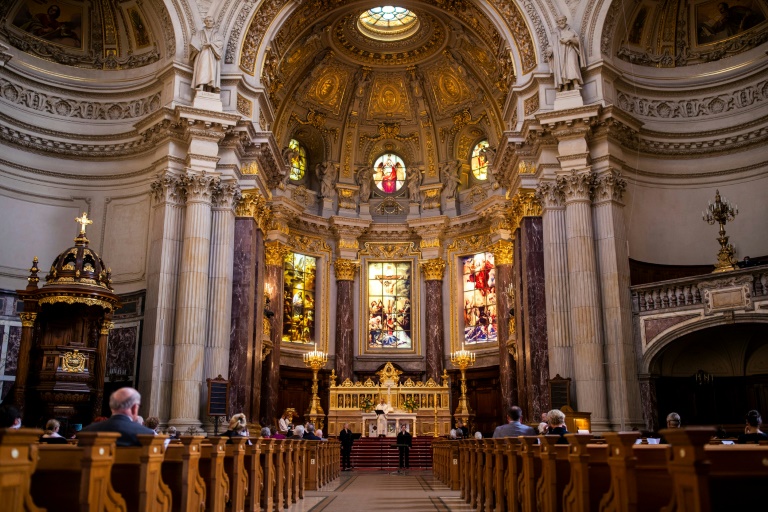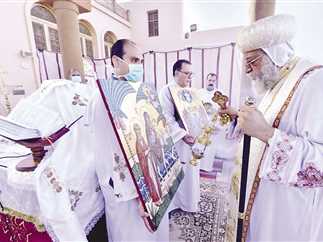An independent fact-finding panel should be assigned to investigate violence that erupted oustide the Maspero state television building earlier this month, says a report by the National Council for Human Rights (NCHR) issued on Wednesday.
In a press conference, the NCHR panel tasked to investigate the Maspero incident demanded an investigation into state-run TV's coverage of the incident, which many observers felt incited further violence against Coptic protesters.
The violence, which erupted during a protest attended mostly by Coptic Christians at the Maspero building in Cairo on 9 October, caused an outcry among human rights groups and activists. Media reports claimed that at least 27 people, mostly Coptic protesters, and one soldier, were killed in the violence.
The panel's report stressed that military police officers who were stationed outside the Maspero building did not use live ammunition against the protesters, but rather fired blank shots in the air. It said the gunfire came from unidentified civilians and other unknown sources.
Panel member Mona Zulfikar called for the Maspero victims to be treated on equal terms with the martyrs of the 25 January uprising in terms of compensations and pensions.
The panel announced a slightly higher figure for deaths than previously reported, putting the tally at 28 protesters and three army personnel, noting that 12 demonstrators were killed under military armored vehicles
For his part, Hafez Abu Saada, another panel member, called for the release of activist Alaa Abd El-Fattah, who was detained on charges of incitement and weapons theft during the violence.
During its investigation, the NCHR-formed panel met with several eyewitnesses and explored the scene of the clashes.
In an earlier meeting, the NCHR denounced what it described as the use of excessive violence and live ammunition against peaceful protesters, but also denounced any aggression against the armed forces. The council also called for an immediate investigation by an independent civilian panel, as well as the punishment of perpetrators.
The Maspero Youth Union, a Coptic activist group, had criticized the decision to refer investigations of the incidents to military prosecutors, arguing that the military itself is accused of assaulting protesters.




